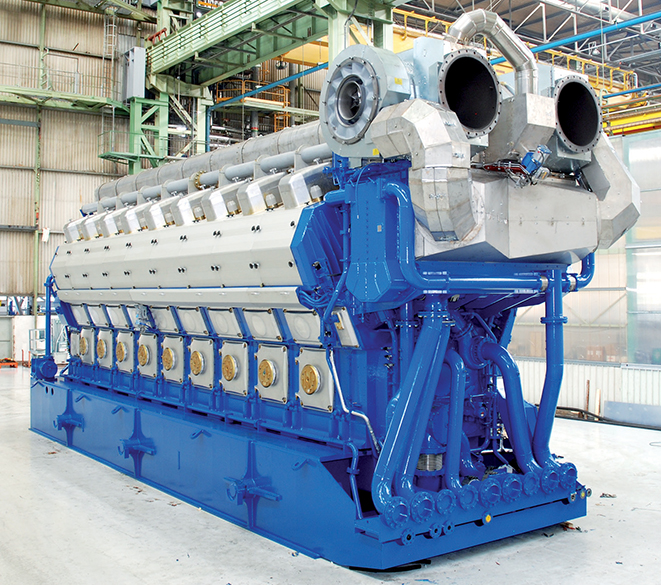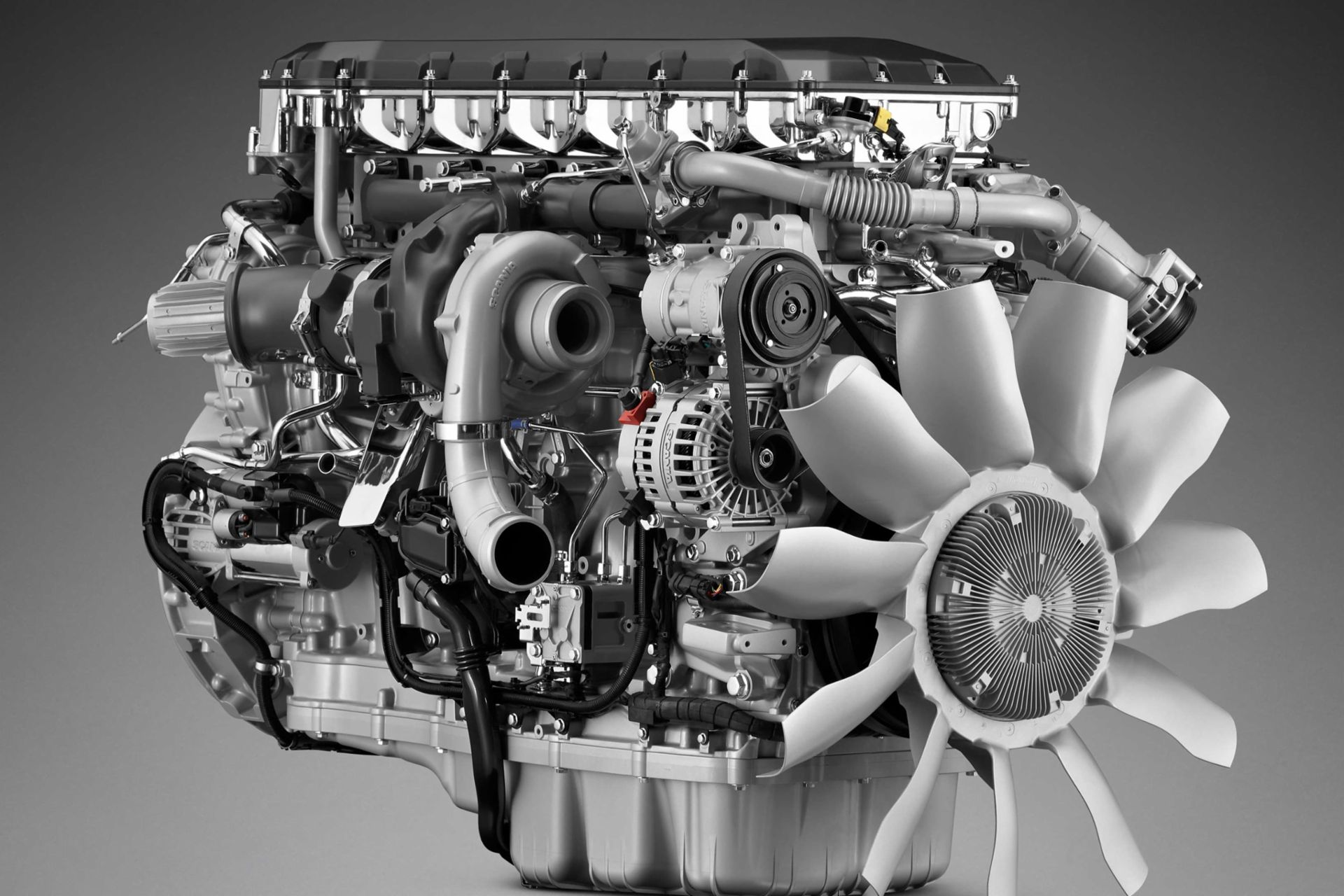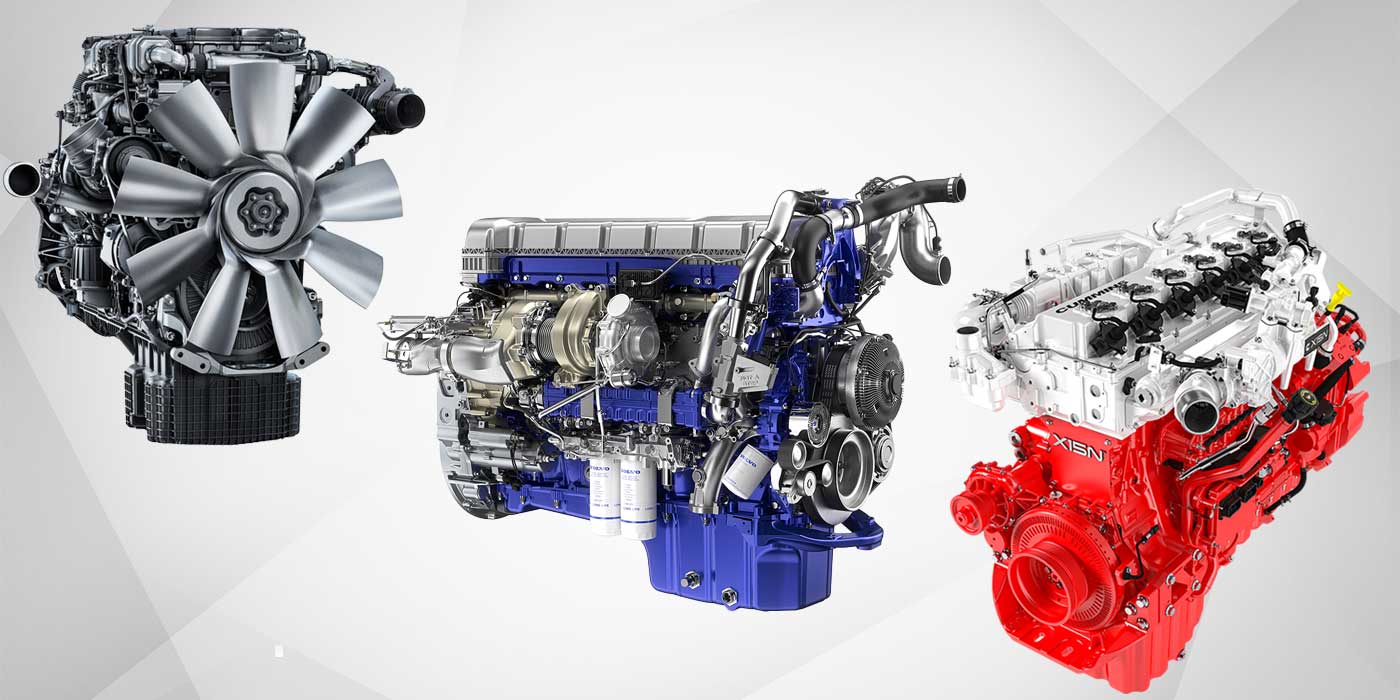Discover Sturdy and Efficient Products from Engines For Africa
Discover Sturdy and Efficient Products from Engines For Africa
Blog Article
Check Out a Large Range of Engines for every single Vehicle and Purpose
The automotive landscape is significantly intricate, with a varied selection of engine kinds designed to satisfy specific performance and efficiency requirements across different vehicle categories. From the high-performance engines that power sporting activities cars to the fuel-efficient options tailored for day-to-day commuting, the options are vast and differed. Additionally, heavy-duty engines serve the requirements of work automobiles, while environment-friendly alternatives are getting grip in the quest of lasting transportation. Understanding these differences is essential for making notified decisions, specifically as arising technologies remain to shape the future of automotive design. What implications might these developments hold for customers and manufacturers alike?
Sorts Of Automotive Engines
Automotive engines can be categorized right into numerous distinct types, each made to fulfill particular efficiency and performance demands. The most common groups consist of internal combustion engines, electric engines, and hybrid systems.

Electric engines, on the various other hand, operate on electrical power stored in batteries, supplying immediate torque and no emissions. These engines are becoming significantly preferred because of developments in battery innovation and the growing focus on sustainability.
Hybrid systems integrate both internal combustion and electrical engines, enabling cars to maximize fuel performance and decrease exhausts by perfectly switching over between source of power. Each engine type presents its advantages and downsides, affecting elements such as vehicle style, intended use, and market need. When picking the proper engine for their specific requirements., comprehending these differences is essential for makers and consumers alike.
Efficiency Engines for Sports Cars
Performance engines for sporting activities vehicles are specifically engineered to supply enhanced dexterity, power, and speed, setting them apart from conventional auto engines. These engines usually use advanced technologies such as turbocharging, supercharging, and variable valve timing to take full advantage of effectiveness and responsiveness.
Normally, efficiency engines are developed with higher compression proportions, which enable higher energy extraction from gas. This leads to excellent horsepower and torque figures, making it possible for fast velocity and greater full throttle. Moreover, the lightweight products utilized in these engines, such as light weight aluminum and carbon fiber, add to minimized overall automobile weight, enhancing handling and maneuverability.
Engine setups like V6, V8, and even hybrid systems prevail in performance cars, each offering distinct advantages in terms of power delivery and driving characteristics. The tuning of these engines is additionally important; many producers enhance the engine management systems to offer an exhilarating driving experience, typically including sporting activity settings that adjust throttle feedback and equipment changes.
Reliable Engines for Daily Commuters
In the world of everyday commuting, effective engines play an important function in maximizing gas economic situation and minimizing emissions while providing trusted performance. As metropolitan populations expand and ecological issues intensify, the demand for automobiles geared up with efficient powertrains has actually risen.
Modern engines designed for day-to-day commuters commonly include technologies such as turbocharging, straight fuel shot, and crossbreed systems. Turbocharging enhances engine performance by compeling more air right into the burning chamber, allowing for smaller, lighter engines that do not compromise power outcome. Direct gas injection enhances fuel atomization, bring about better combustion and increased effectiveness.
Hybrid engines, combining internal combustion with electric power, further increase fuel economy, especially in stop-and-go web traffic, where typical engines can experience ineffectiveness. Electric electric motors aid during acceleration and can run independently at low speeds, reducing total fuel usage.
Additionally, improvements in engine administration systems and light-weight products contribute substantially to efficient engine design. By click here to find out more concentrating on efficiency, sturdiness, and environmental sustainability, suppliers remain to supply engines that not just meet the needs of everyday commuting however likewise straighten with worldwide efforts to lower carbon footprints.
Heavy-Duty Engines for Job Automobiles
Heavy-duty engines for job cars are routinely crafted to provide remarkable torque and reliability under demanding conditions. These engines are designed to execute in atmospheres where typical engines might falter, such as construction sites, logging procedures, and agricultural setups. The main focus of sturdy engines is their capacity to generate high levels of power while maintaining toughness over expanded durations of operation.
Generally, durable engines use sophisticated materials and durable building and construction techniques to withstand the rigors of hefty work. Features such as reinforced cylinder blocks, boosted air conditioning systems, and progressed gas shot technologies add to their performance. These engines usually operate at lower RPMs, which aids to maximize fuel efficiency while supplying the needed power for hauling and hauling.
Along with mechanical toughness, sturdy engines are commonly furnished with sophisticated electronic control devices (ECUs) that handle efficiency, emissions, and diagnostics. This combination permits far better monitoring and upkeep, guaranteeing that work cars remain efficient and functional.
Eventually, heavy-duty engines are an important part in the productivity of different industries, supplying the essential power and reliability to deal with the hardest of tasks.
Eco-Friendly Engine Options
The growing emphasis on sustainability has caused the growth of green engine choices that focus on lowered exhausts and enhanced gas efficiency. These engines are made to lessen the ecological impact of automobiles while still delivering the performance and dependability expected by customers.
Amongst the most remarkable environment-friendly options are electrical and hybrid engines. Crossbreed engines incorporate typical internal combustion engines with electric propulsion, enabling reduced gas usage and reduced greenhouse gas discharges. Electric engines, on the various other hand, operate entirely on battery power, generating absolutely no tailpipe exhausts and contributing to cleaner air quality.
An additional promising growth is the improvement of biofuel engines, which utilize eco-friendly resources, such as plant products, to power cars (Engines For Africa). By using biofuels, these engines can minimize dependency on nonrenewable fuel sources and reduced general carbon impacts

As the automobile sector develops, eco-friendly engine choices will play an essential role in driving the change towards more lasting transportation remedies.
Final Thought
From high-performance engines that boost sporting activities car capabilities to effective versions focusing on gas economy for everyday commuters, each kind serves a specific function. Durable engines cater to durable work lorries, while environmentally friendly choices, such as electric and biofuel engines, promote sustainable transportation.

Report this page